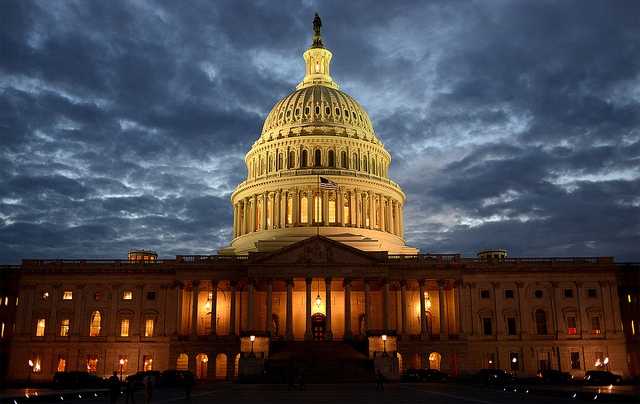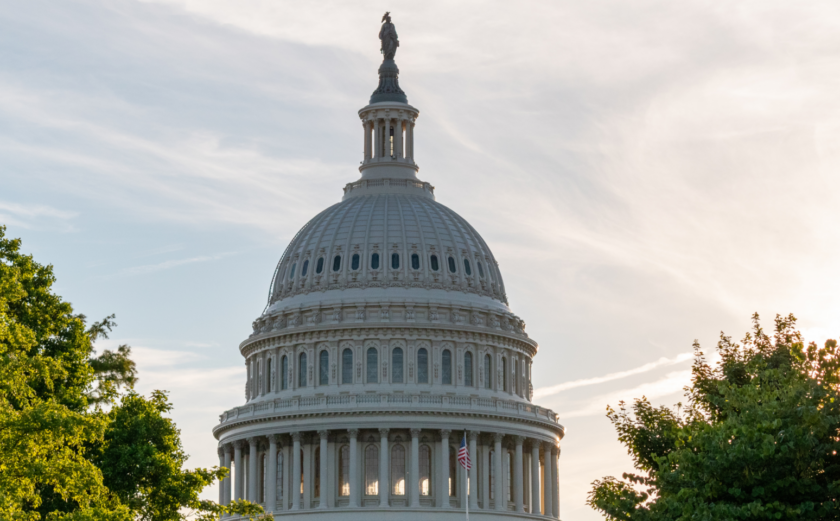
InterAction Community Letter Supporting FY2019 International Affairs Budget
Dear Member of Congress,
The undersigned members and partners of InterAction urge support for full funding in Fiscal Year 2019 for poverty-focused international development and humanitarian assistance accounts at no less than the levels outlined in the attached recommendations. These funding levels reflect the minimum requirements needed to maintain American leadership in these vital areas, and could be achieved with an International Affairs Budget of $59.1 billion. Funding for each of these programs must not come at the expense of other poverty-focused development, global health and humanitarian assistance that works together to serve the common goal of creating a safer and more prosperous world. As implementing organizations and advocacy partners, we also believe that there are opportunities for Congress to step up and invest additional funding to better meet unprecedented global challenges and catalyze American leadership.
It’s clear that U.S. investments have had an instrumental impact, creating healthier, safer, and more stable societies. Polio has nearly been eradicated. In the last 30 years, we have halved the number of preventable under-five child deaths, the number of people living in poverty, and the number of children and adolescents out of school. In the past five years, USAID programming has ended hunger for 1.7 million more households. Eighty-seven percent of the world’s population has access to safe, affordable, and sustainable drinking water and sixty-one percent have access to improved sanitation. Results like this show that American engagement matters and is consistent with the values and generosity of the American people.
Despite this progress, U.S. leadership and engagement continues to be critical to address ongoing global crises. While budgetary resources are not enough to meet these challenges, they are necessary to address the needs of the most vulnerable. Currently, 135.7 million people need humanitarian assistance. Of this number, 65 million people have been forced from their homes. An estimated 76 million people will need emergency food assistance in 2018, and famine-like conditions are expected to impact a growing number of countries. Public health threats in the last year have included outbreaks of cholera in Yemen, diphtheria among refugees from Myanmar, and the bubonic plague in Madagascar. While crisis response remains urgent, we must also invest in programs that help populations resist shocks and prevent crises in the first place.
At less than one percent of the total U.S. federal budget, poverty-focused development and humanitarian assistance programs are essential to support lifesaving work and promoting U.S. global leadership. Through these programs, U.S. investments: build sustainability; fight disease; respond to disasters; improve global health and nutrition – particularly for mothers and children; help smallholder farmers; educate children; support democracy and good governance; promote human rights; strengthen civil society; protect people from exploitation; provide access to clean water and better sanitation and hygiene; foster equitable growth; advance gender equality; empower women and girls; and safeguard the environment.
These programs are accountable to American taxpayers, with increasingly well-measured and transparent outcomes that assure assistance delivers results and saves lives. Effective programs also galvanize efforts from other nations, donors, the private sector, and civil society in partner countries. Efforts to reduce poverty and end human suffering are more effective and help transition to sustainable and independent economies that can responsibly grow beyond the need for U.S. assistance. Private American organizations, including members of InterAction, leverage $15 billion in funding to address these needs but rely on the U.S. government to open doors. Continued American leadership is necessary as these programs are in the national interest – now is not the time to back away.







